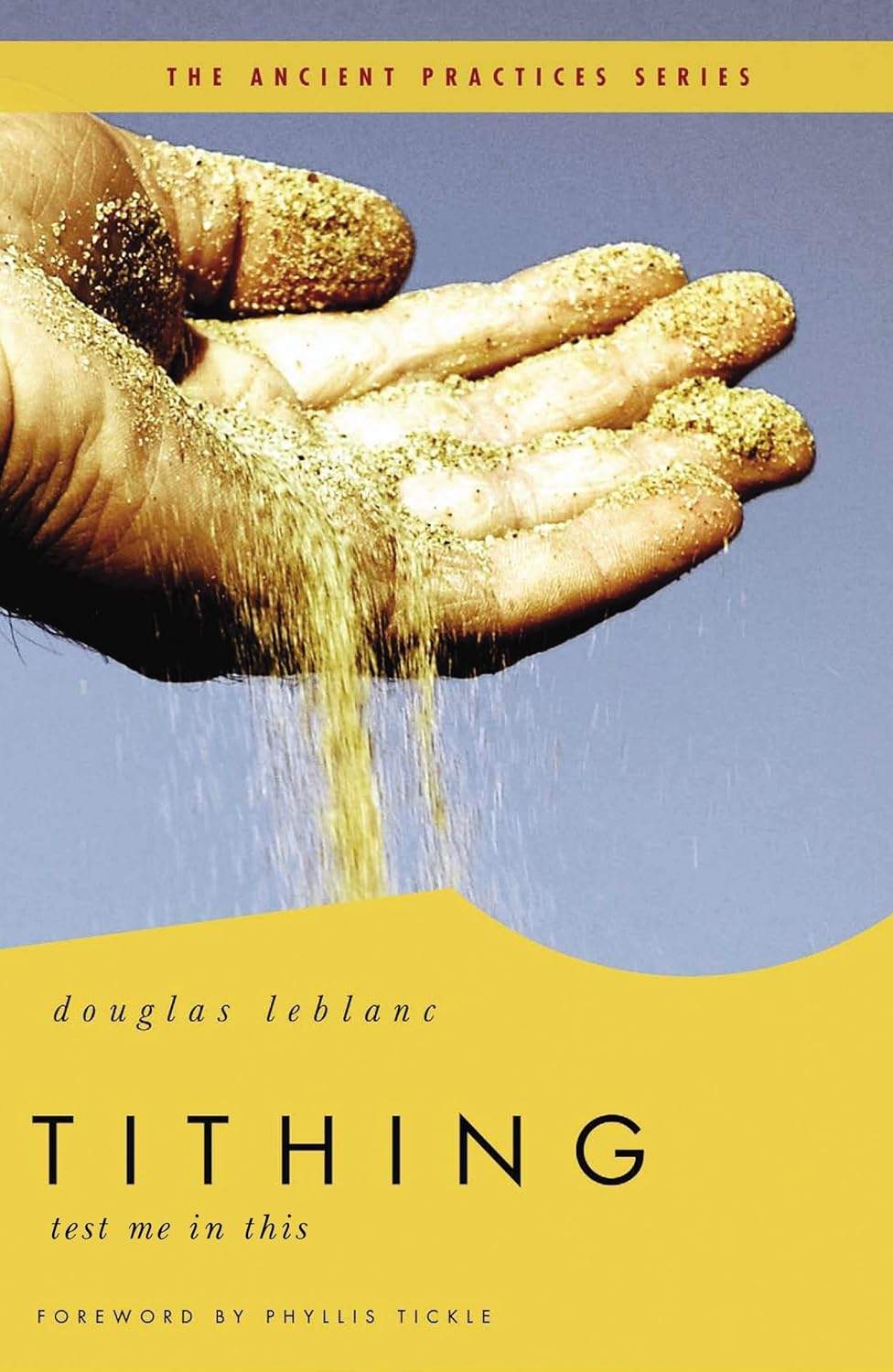Most Christians know the difference between tithes and offerings. But for the sake of those who do not know or are not aware, we will tackle this topic in this article.
If you go to a Christian church that believes in the principle of tithing, you must be familiar with the Bible verses that they use. If your church does not believe that Christians today should tithe, you must be accustomed only to the offerings.
But you must know that there are different kinds of offerings as we read in the Bible (Leviticus), namely:
- Burnt offering (Leviticus 1:1-9)
- Grain offering (Leviticus 2:1-16)
- Peace offering (Leviticus 3:1-17)
- Purification or Sin offering (Leviticus 4:1-35)
- Guilt or Trespass offering (Leviticus 5:14-19)
In the New Testament, an offering could just be love, special, or simply a freewill offering.
Whether or not I believe that Christians today are commanded to tithe is not the scope of this post. There’s a separate article I wrote years ago on the Biblical Truth About Tithing. Should you want to read it, just follow the link.

The Tithe
Whenever we hear the word tithe, it simply refers to a tenth (10%) of all that we earn (Leviticus 27:30). Deuteronomy 14:22 commands, “Be sure to set aside a tenth of all that your fields produce each year.”
Wait a minute, what about Christians who do not have any field? How are they supposed to tithe? There have been a lot of debates and arguments about tithing. What’s interesting is that both sides (pro and anti) use the same Bible verses to justify their claim. So, whose right???
Law of Tithing in the OT
In context, Leviticus 27:28-30 talks about the devoted offering that is holy to the Lord. These are the things that God has especially “set apart” for Himself, such as the spoils of war at Jericho (Joshua 6:17-18; 7:11-15).
Both objects and people could fit under this command. This means God put them under a ban so that they wholly belonged to Him. The major lesson is that God expects us to keep our commitments to Him and be honest in all our dealings with Him.
Deuteronomy 14:22 is one of the Bible verses that is often quoted when exhorting people to tithe. But while it specifically talks about setting aside a tenth, this verse is specific to that of agricultural produce that the land would provide.
This was a second tithe to be used for the celebration of convocations of worship at the sanctuary (Deuteronomy 14:23-26). The first is the Levitical tithe to support the priests and Levites who served the people (Leviticus 27:30-33; Numbers 18:21-32). A third welfare tithe was also offered every three years.
In contrast, the NT does not command us a specific amount to give. However, it urges us to give an amount that is in proportion to the blessings we are receiving. We are encouraged to give generously but our motive must always be to glorify God.
Testing God in Tithes
Another verse that is often used to exhort tithing is Malachi 3:10 wherein the Lord challenges the people to “test Him.” What does it mean to test God?
There are several examples in the Bible of both acceptable and unacceptable kinds of testing God. But what is acceptable and unacceptable? When doubt leads us to demand something from God to prove Himself to us, that is unacceptable. For instance, when the Israelites tested God in the wilderness. Regarding tithes and offerings, it is acceptable to “test” God.
The difference between these two kinds of testing is faith. By definition, faith takes risks (Hebrews 11:1). When true faith is present, obedience follows. It is that faith-inspired action of obedience that God desires.
When we give to God based on our faith in who He is, He proves Himself to be just that – faithful. In contrast, when we view God through our doubt and demand something of Him to see if He is trustworthy, we are in danger of testing God.
Are you testing God in a way that is acceptable to Him?
Special/Love/Free Will Offering
On top of the tithes we bring to God, Christians are encouraged to give offerings for special needs. Many ministries, such as missionaries, pastors, relief organizations, refuge centers, church buildings, and Christian legal action groups, depend on generous donations.
We give generously in support of our local church. This is where we are fed (spiritually) and it is our responsibility to help and support it. Can we help other ministries too? Of course! But let us not neglect the local church we are a part of.

We are also encouraged to give special offerings from a thankful heart. You see, God is interested in your heart, not just your actions (2 Corinthians 9:7). However, be warned not to give as a financial transaction to get rich.
The Bible tells us that God rewards generosity. But if our primary motive for giving is self-interest, we are making a major mistake.
We give generously to acknowledge God’s love.
Conclusion
Many Christians view tithes differently from offerings. The tithe is a tenth of all that we receive from God. On the other hand, an offering is any amount that we give in addition to the tithe.
Do we often find ourselves struggling to give in support of the Lord’s work? The key here is giving ourselves first to the Lord the way the Macedonian churches did. They gave amid their extreme poverty (2 Corinthians 8:1-5).
You may ask, “Do I need to separate them?” No, you don’t have to. You can give them at one time. God knows anyway how much you gave as your tithe and your offering.
When we give our tithes and offerings to the Lord, God promises to meet our needs and often rewards our generosity financially. But other times, the refreshment God gives is something much more than money.
Let us not think only of blessings in terms of money and other material blessings. We may find ourselves lacking in material things, but having a deeper relationship with God is more important.
Disclaimer: As an Amazon Associate, I may earn a commission when you use any links on this page to make a purchase, but at no additional cost to you.
Recommended Resource:
Tithing: Test Me in This (The Ancient Practices Series) by Douglas Leblanc (Author) & Phyllis Tickle (Foreword)
Stories of people who live a generous and happy life (and why you’ll want to live that way too).
Journalist Douglas LeBlanc travels the nation to talk with believers whose lives have been enriched by the ancient spiritual discipline of tithing.
He discovers people along the way who do not understand the practice as an onerous law but as God’s call to a life of generosity and compassion. The effect on their lives is dramatic.
LeBlanc talks with a variety of believers- from a pastor in the south side of Chicago to progressive Episcopalians, from an Orthodox rabbi to an Eastern Orthodox priest and his wife.
By holding their gifts with open hands, they are drawn deeper into a life of joy and sharing that begins in the very heart of God.


